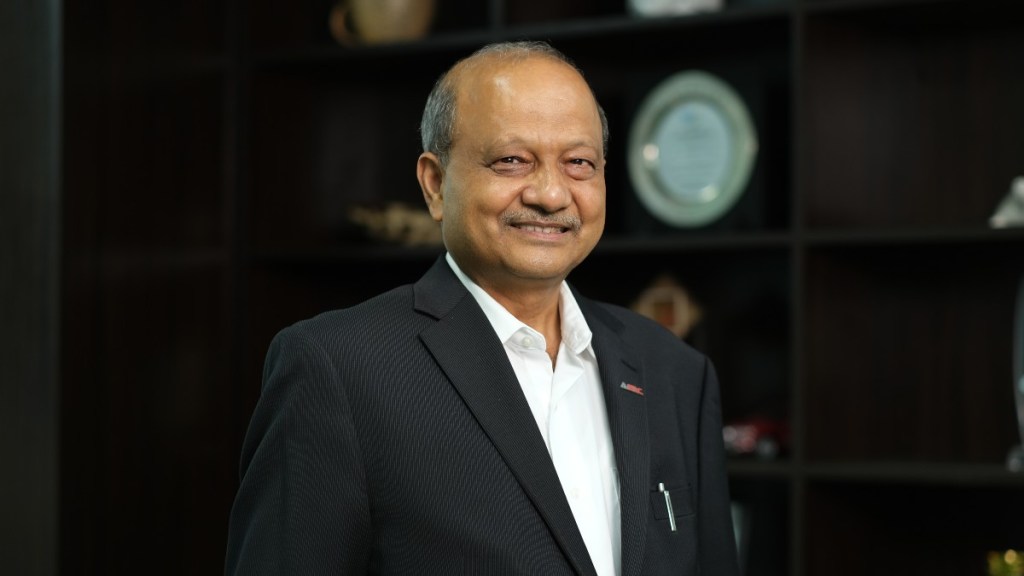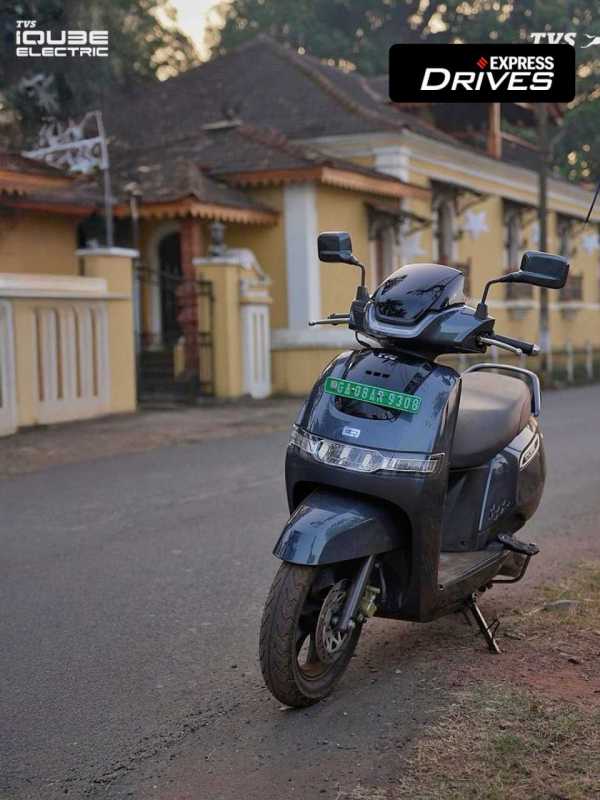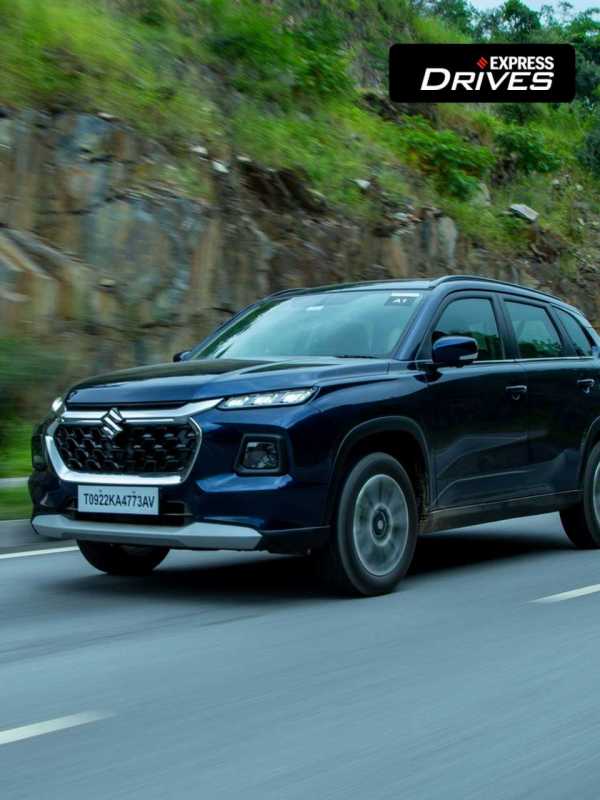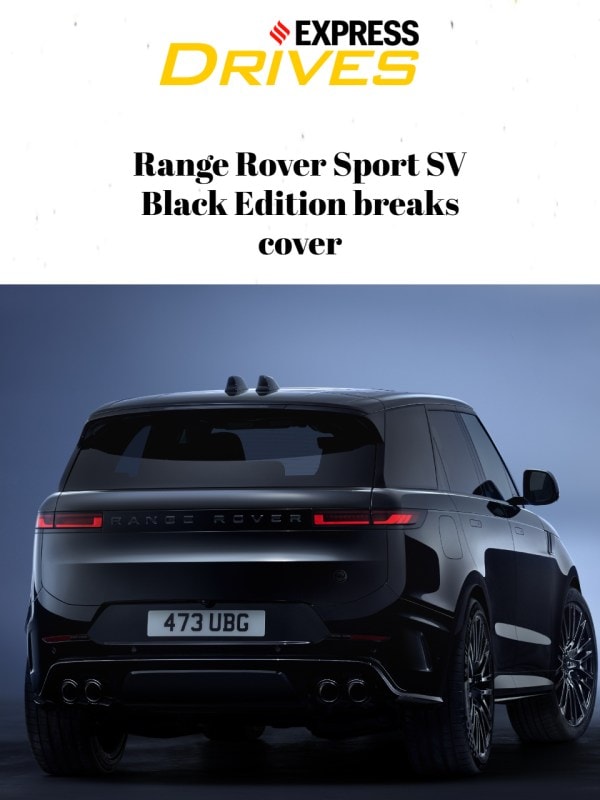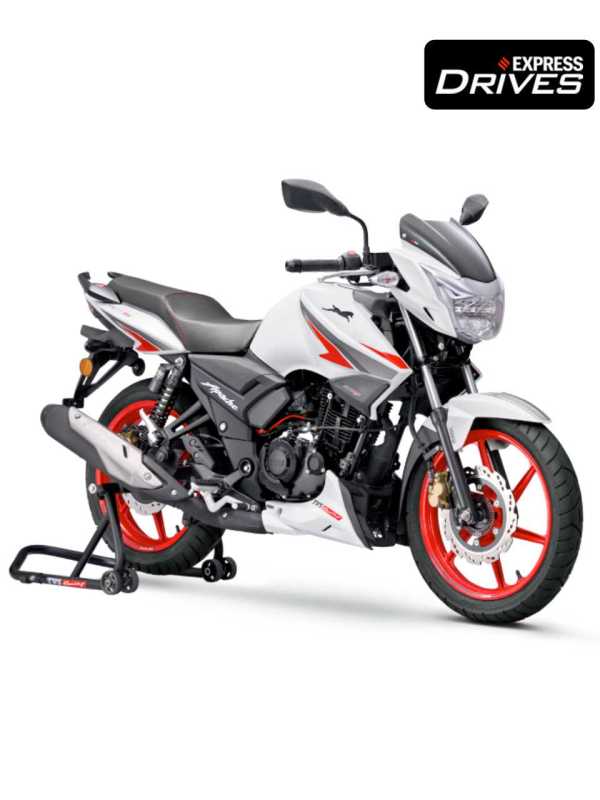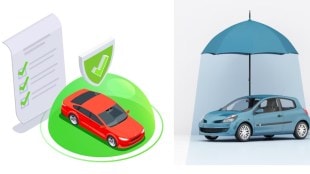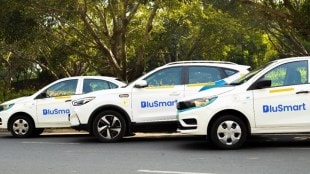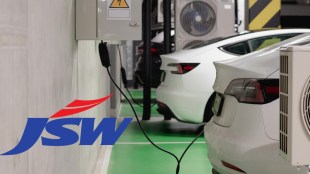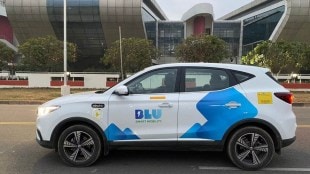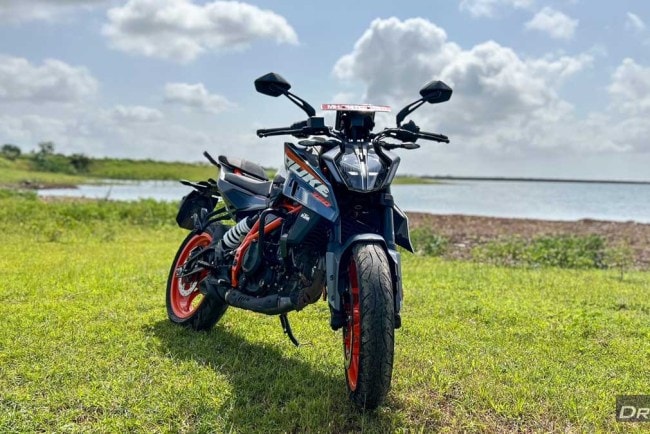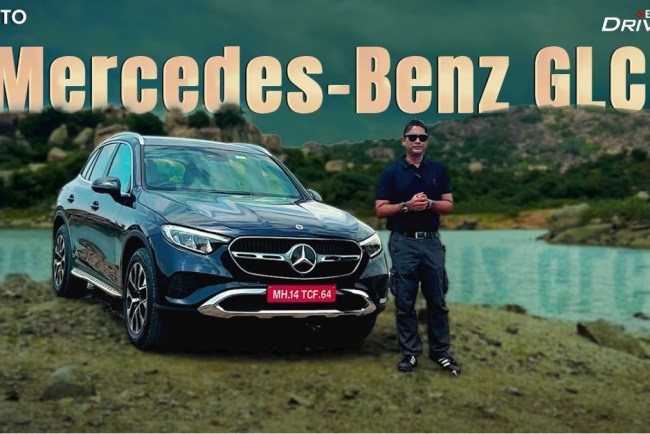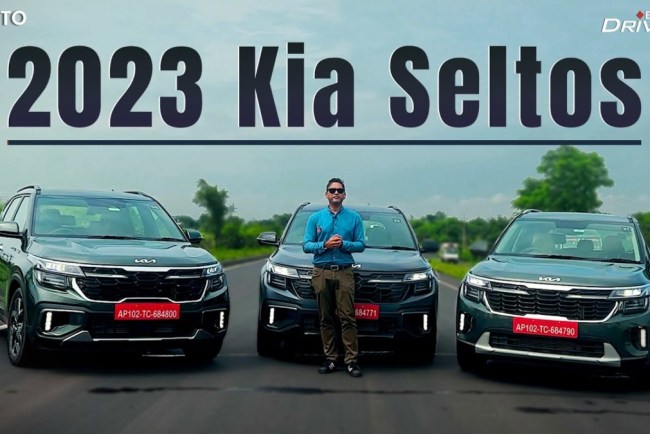Automotive technology is changing rapidly and with it are the skill sets required by the industry workforce. Various speakers at the annual partners forum of the Automotive Skills Development Council (ASDC) pointed out the need for specific skillsets and apprenticeships, to be able to develop a skilled workforce to meet the changing technological needs. On the sidelines of the ASDC meet, FinancialExpress.com caught up with ASDC president, Vinod Aggarwal and asked him about how this industry body manages to deal with the demand for a skilled workforce, that has diverse skill sets. Aggarwal, who is also the current president of the Society of Indian Automobile Manufacturers (SIAM) and MD and CEO of Volvo Eicher Commercial Vehicles (VECV), was candid about the needs of the industry. Here are excerpts from the interview.
FinancialExpress.com: Skills have changed rapidly in the auto industry. Thirty years ago, I could just take a screwdriver and open up my Hindustan Ambassador and put it together again without any issues. Today, we have EVs and hybrids that are just too complicated for any roadside mechanic to fix. Cars are becoming computers on wheels. Does the industry have enough skill sets to match?
Vinod Aggarwal: Absolutely, I think technology is advancing and there are more electronics. All these cars need to be repaired by trained mechanics. I don’t think they can be touched by roadside mechanics or by other people. They do need trained people. They need to know the technology, and this is new technology, before they can start any repair.
FE: How is ASDC going about getting the skilled people? Earlier, you had anybody who could use a screwdriver becoming a roadside mechanic, but that is not possible today.
That’s exactly the work that ASDC is doing. The auto industry is transforming, and the government of India also has recognised that. Therefore, there are a lot of initiatives, which the government also has taken. Industry has taken a lot of initiatives. And there are various other stakeholders. So, ASDC is connecting all these people together on one platform. Today, it is the partners forum, where we get all the relevant people together. That’s what we are trying to build up – a common platform, awareness, and common agenda to meet the skilling requirements of the industry.
FE: Now we have multiple fuel requirements. There are electric vehicles, hybrids, CNG, bio-fuels, blended fuels, hydrogen and other technologies. This would require a very diverse skill set. How are you addressing that?
There is a sea of transformation and the country is also going through a lot of changes like the sustainability and its decarbonisation agenda. As part of that agenda, there are new technologies for example, electric vehicles, or as you mentioned, biofuels, flexi fuel, and these will all be different engines. There are biogas-based fuels and others which require safety standards and meet new emission standards. There is a lot more digitalization. We have to address all these areas. Therefore, ASDC, as you can see, is the nodal agency that is responsible for skill development for the automotive industry, and this agency has been promoted by SIAM, ACMA, FADA, government of India and NSDC. So, we have all the stakeholders and we take up the training or the skill building in each of the new technologies. We build up the qualification packs for each area. We need to write down what the new technologies are and what are the learnings required for each technology, and we develop that into a good curriculum. That curriculum is approved by the National Council for Vocational Educational Training and becomes what we call a qualification pack. Along with the Ministry of Skill Development and Education, the qualification packs are approved. Based on those qualification packs, the training is imparted. Then, of course, we train the trainers and certify them. We have to make people employable with these new technologies. It’s a whole lot of tasks.
FE: What has been the impact of technology such as AI and ML, as well as Industry 4.0 and IoT with respect to specific skill sets? Are there some human-oriented jobs that have now become redundant?
You cannot remove people. There will be some redeployment and retraining. People are already employed, and now we need to employ new people who have to be trained in new skills. The people who are already employed, they also must be retrained. That’s what we call upskilling. All these tasks are required. On one hand, you retrain your existing workforce and on the other hand, you create a new workforce, which is already trained in these new technologies.
FE: We are seeing a lot of women now getting employed in the automotive space, including on the assembly lines. Is there enough diversity now?
Diversity is very important. All of us are encouraging diversity because women bring their own special skill sets, how to handle different situations. They have a different way of dealing with things and it creates a good atmosphere on the shop floor or in the offices. Diversity is important and all of us are encouraging that.
FE: China had a head start over India in the automotive space. They have huge automotive hubs with a lot of workforce deployment there. But increasingly, the world is looking at India as a manufacturing hub, both in the component space as well as in the automotive OEM space. Do you think India has the skills for that?
It is happening slowly and steadily. Like for example, India has the scheme of ‘Atmanirbhar Bharat’ They have given a lot of incentives and are coming out with new technology investments under the PLI (performance linked incentives) schemes. All the schemes or incentive programmes will get investments in new technologies and slowly and steadily more companies are looking at India. India is becoming a preferred destination. We will soon catch up. It is going to be the Indian century.
FE: How are the skill sets being managed for the after-sales and service networks? A lot of retraining and reskilling would be required there, wouldn’t it?
I think that is even more important, because when customers buy new cars or new vehicles, which are built with new technology, they know that when they go to the service station, unless the technician there knows that technology, he will not be able to repair. I think when we launch a new technology, I think the work starts happening at the very early stages, when they at the concept stage itself, we start involving all the stakeholders from the industry side. Like for example, we start involving our dealer personnel at that time. For example, if we are going to develop a new technology, today, we have to think how we will train our workshop mechanics. It won’t work if have already developed the vehicle and after we launched the vehicle, then we start thinking of training because then it won’t happen. It has to happen simultaneously. There is a team which is specifically assigned for doing this task. ASDC provides the impetus to all these initiatives.
FE: What kind of investments in training are coming in from companies?
Investments are required, but investments are not very high in skilling. It’s more of dedication. It’s more of a mindset. It’s more of putting the importance on this area. I won’t say that it’s a very heavy investment. I think investments can be managed, if we have realise that this training is important and skilling is important. Investments will never be the limiting factor.

